Building embodied AI systems that can follow arbitrary language instructions in any 3D environment is a key challenge for creating general #AI.
Join the discussion on this paper page.
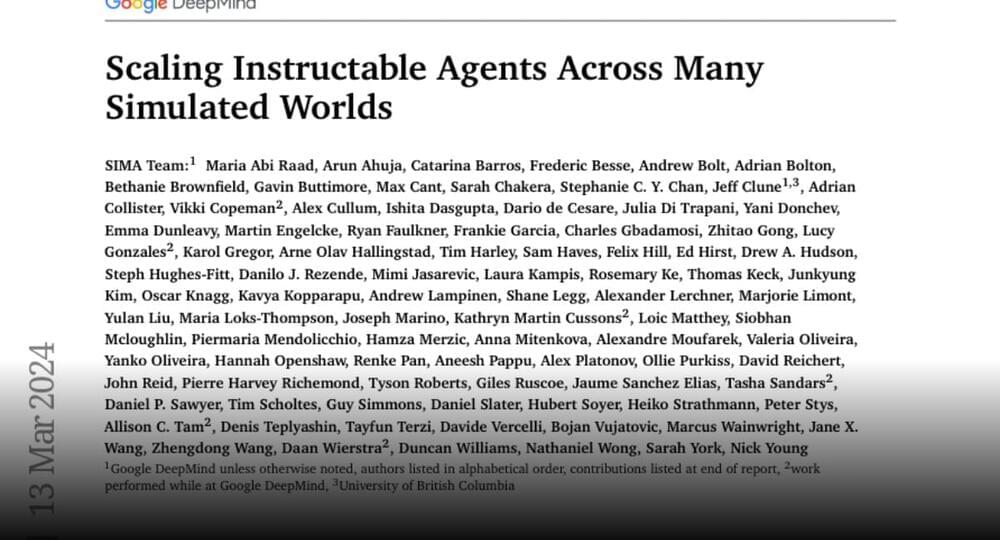
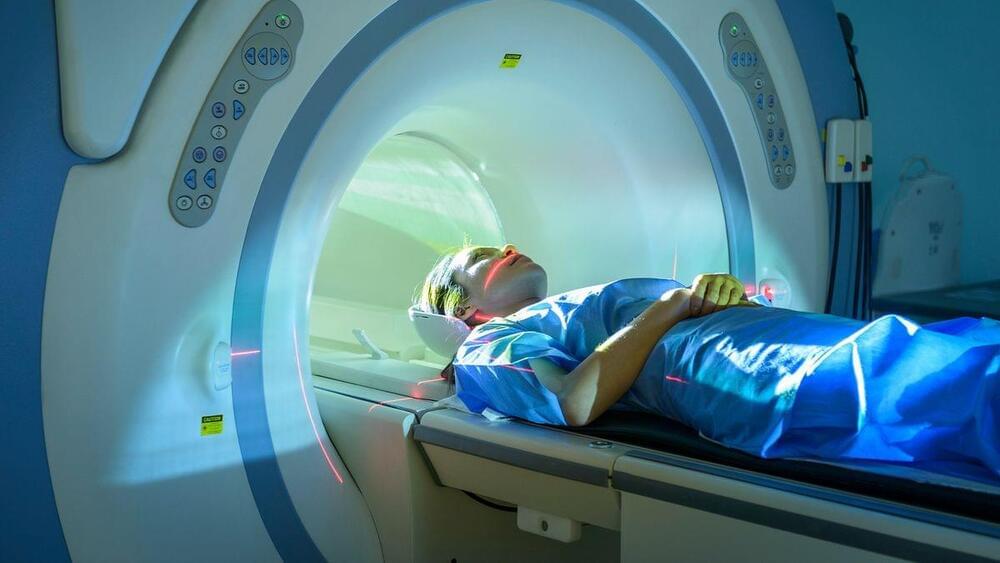
Atlas lies motionless in a prone position atop interlocking gym mats. The only soundtrack is the whirring of an electric motor. It’s not quiet, exactly, but it’s nothing compared to the hydraulic jerks of its ancestors.
As the camera pans around the robot’s back, its legs bend at the knees. It’s a natural movement, at first, before crossing into an uncanny realm, like something out of a Sam Raimi movie. The robot, which appeared to be lying on its back, has effectively switched positions with this clever bit of leg rotation.
As Atlas fully stands, it does so with its back to the camera. Now the head spins around 180 degrees, before the torso follows suit. It stands for a moment, offering the camera its first clear view of its head — a ring light forming the perimeter of a perfectly round screen. Once again, the torso follows the head’s 180, as Atlas walks away from the camera and out of frame.

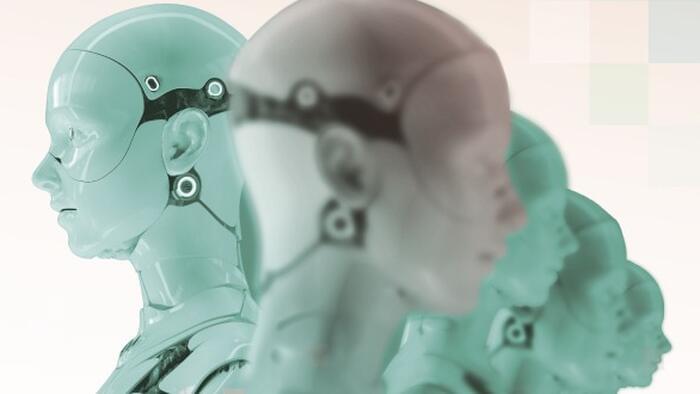
The expert consensus is that human-like machine intelligence is still a distant prospect, with only a 50–50 chance that it could emerge by 2059.
But what if there was a way to do it in less than half the time?
Visual Capitalist partnered with VERSES for the final entry in our AI Revolution Series to explore a potential roadmap to a shared or super intelligence that reduces the time required to as little as 16 years.
Herbert Ong Brighter with Herbert.

The Limitless Pendant is part of the whole Limitless system, which the company is launching today. (Oh, and in case you’re wondering: yes, it’s very much a reference to the movie.) Siroker’s last AI product, Rewind, was an app that ran on your computer and would record your screen and other data in order to help you remember every tab, every song, every meeting, everything you do on your computer. (When the company first teased the Limitless Pendant, it was actually called the Rewind Pendant.) Limitless has similar aims, but instead of just running on your computer, it’s meant to collect data in the cloud and the real world, too, and make it all available to you on any device. Rewind is still around, for the folks who want the all-local, one-computer approach — but Siroker says the cross-platform opportunity is much bigger.
“The core job to be done is initially around meetings,” Siroker tells me. “Preparing you for meetings, transcribing meetings, giving you real-time notes of meetings and summaries of meetings.” For $20 a month, the app will capture audio from your computer’s mic and speakers, and you can also give it access to your email and calendar. With that combination — and ultimately all the other apps you use for work, Siroker says — Limitless can do a lot to help you keep track of conversations. What was that new app someone mentioned in the board meeting? What restaurant did Shannon say we should go to next time? Where did I leave off with Jake when we met two weeks ago? In theory, Limitless can get that data and use AI models to get it back to you anytime you ask.
Siroker and I are talking the day after the first reviews of the Humane AI Pin came out, and he’s careful to differentiate his company’s approach from these all-encompassing AI tools. “We’re trying to do a few things exceptionally well, not be a mile wide and an inch deep,” he says. “We’re not, you know, trying to reinvent the wheel with lasers.” His plan is to integrate into all the apps you use and put Limitless inside of those apps; you should be able to take notes in Notion or get action items in Slack, he thinks, instead of having to go to some other app entirely. “Why would I even have to make you log into my cloud based app, when I could just have you show up to the thing you’re already using?”
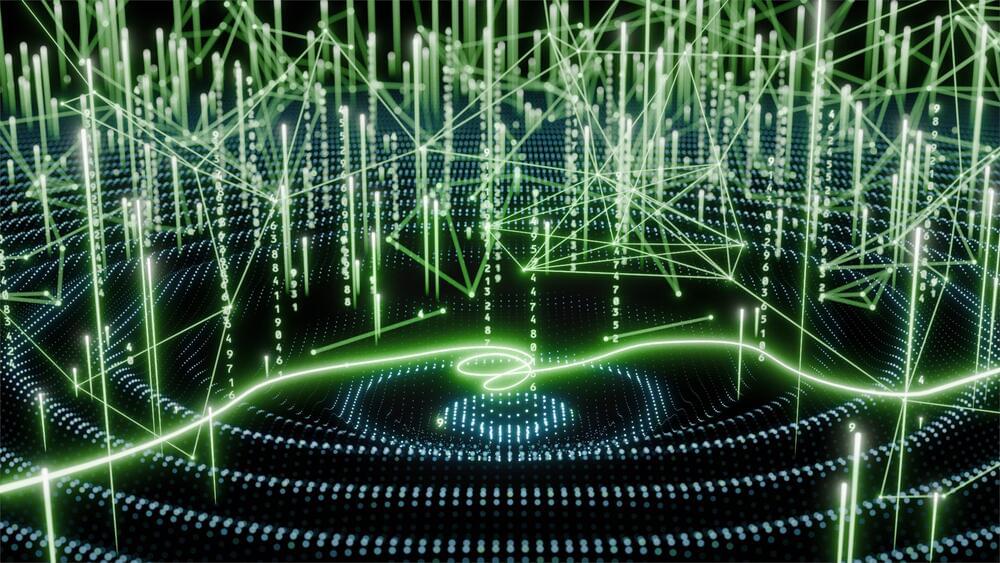
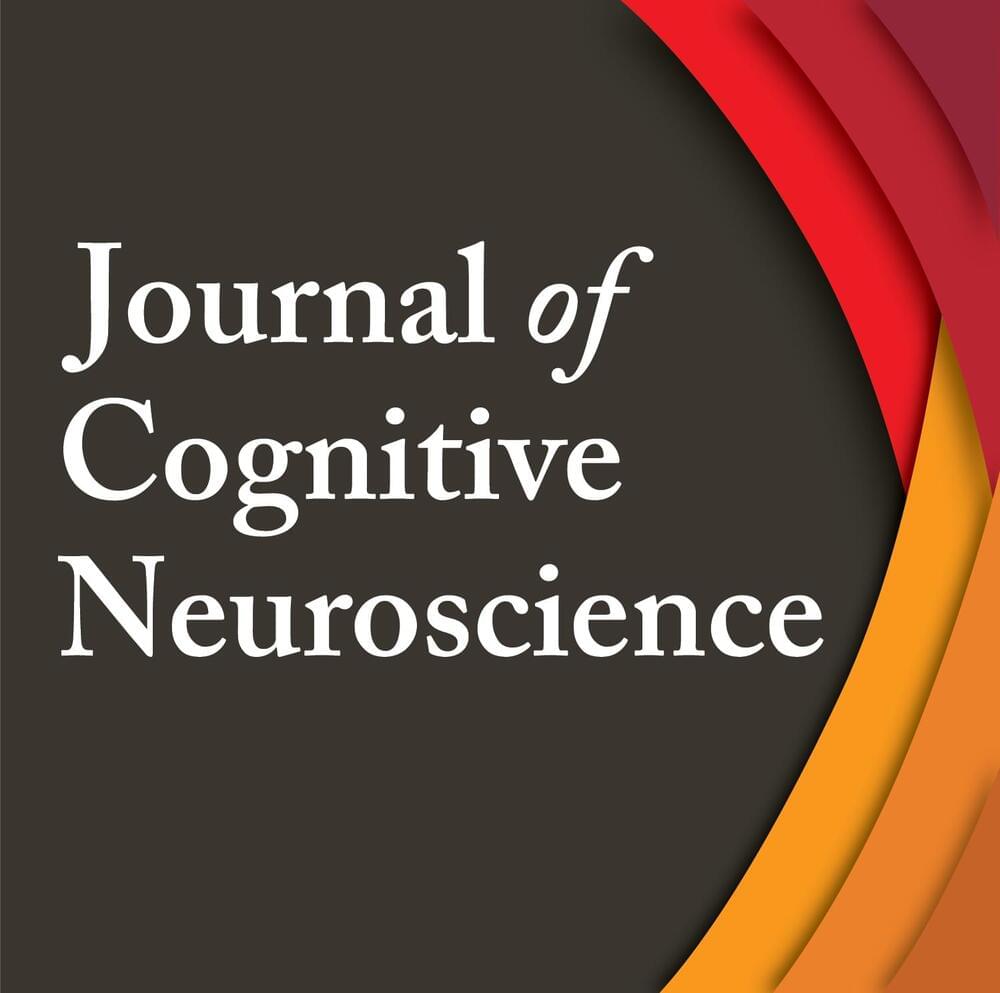
It is well known that the human brain is a complex system that comprises not only individual brain regions but also distributed neural networks. The human brain is efficiently organized by integrating information across various brain regions to minimize the cost of information processing while maximizing the overall efficiency of the brain networks. Modern neuroimaging techniques allow us to identify distinct local cortical regions and investigate large-scale neural networks underlying math competence both structurally and functionally. To gain insights into the neural bases of math competence, this review aims to find answers based on structural and functional properties of the human brain in both typical and atypical populations of children and adults. Specifically, for atypical populations, we will focus on individuals with math learning deficits. Math learning deficits are neurodevelopmental disorders that impair an individual’s ability to learn and perform math-related tasks. Dyscalculia is a specific type of math learning deficit that affects the development of arithmetical skills and other basic numerical skills (Kuhl, Sobotta, Legascreen Consortium, & Skeide, 2021; Kucian et al., 2014; Rykhlevskaia, Uddin, Kondos, & Menon, 2009). When reviewing findings from atypical population, we will focus on individuals with math learning deficits including those with dyscalculia.
As math competence encompasses many different skills, for studies involving adults, this review will selectively examine the neural bases of relatively complex math skills, such as evaluation of mathematical statements (e.g., “Any equilateral triangle can be divided into two right triangles”; Amalric & Dehaene, 2016, 2019). For studies involving children, we will also include fundamental math abilities such as arithmetic skills that are commensurate with the math skills young children master. However, basic number comprehension and number comparison skills are outside the scope of this review. Moreover, we will consider whether neural markers associated with math competence are unique to math or may be reflective of academic achievement and cognitive abilities more generally.
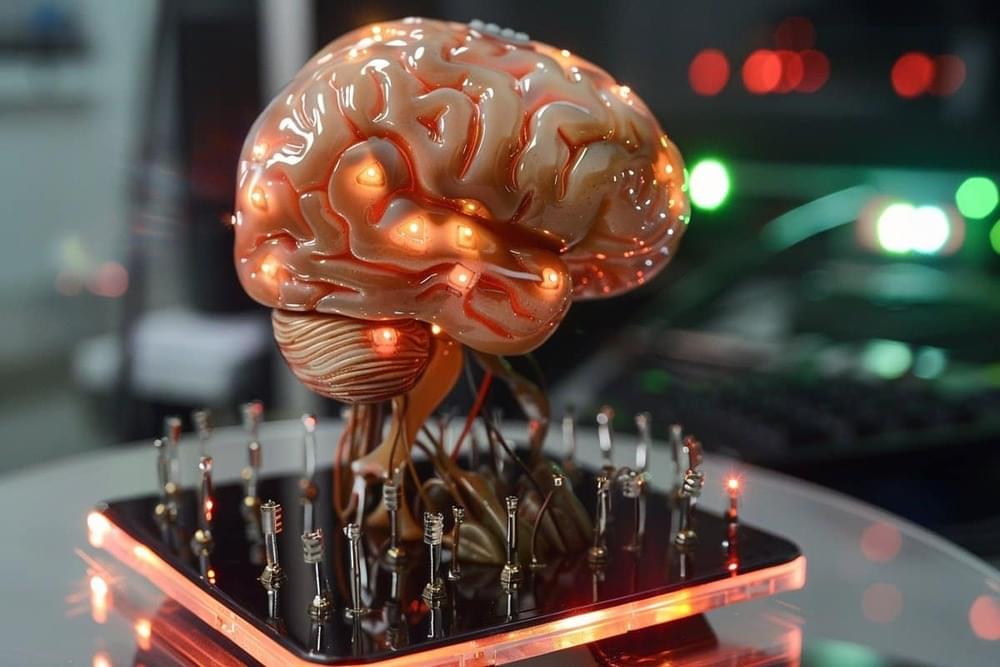
Summary: Researchers developed a groundbreaking pea-sized brain stimulator, the Digitally Programmable Over-brain Therapeutic (DOT), capable of wireless operation through magnetoelectric power transfer. This implantable device promises to revolutionize treatment for neurological and psychiatric disorders by enabling less invasive and more autonomous therapeutic options compared to traditional neurostimulation methods.
The DOT’s ability to stimulate the brain through the dura without implanted batteries represents a significant advancement in medical technology, offering potential treatments for conditions like drug-resistant depression directly from the comfort of one’s home. This innovation could change the landscape of how brain-related disorders are managed, emphasizing patient comfort and control.